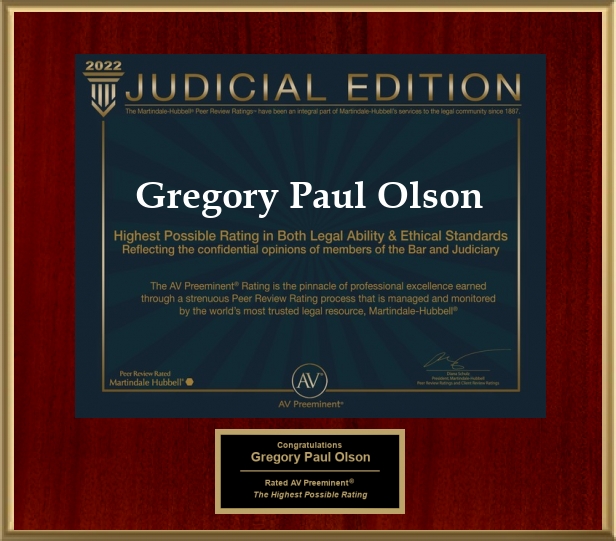Real Estate Law & Litigation
Real Estate Law and Litigation
The Law Office of Gregory P. Olson provides a comprehensive range of real estate legal services in San Diego and throughout California. Mr. Olson is a top San Diego real estate attorney, and has many years of experience in dealing with a variety of types of real estate transactions and disputes. These real estate legal services include:
Real Estate Attorney Greg Olson has litigated a wide variety of real estate actions, and is well versed in San Diego and California real estate law. Mr. Olson has represented a diverse array of real estate clients, including landlords, tenants, developers, property owners, and commercial tenants. Our office values its knowledge of real estate law and its commitment to resolving real estate disputes.
Contact our office today for a consultation to discuss your real estate issue. Mr. Olson can help ascertain the facts of your case, and help you obtain a speedy resolution of your real estate law matter.

Awards
Awards for very high ratings in both legal ability & ethical standards





